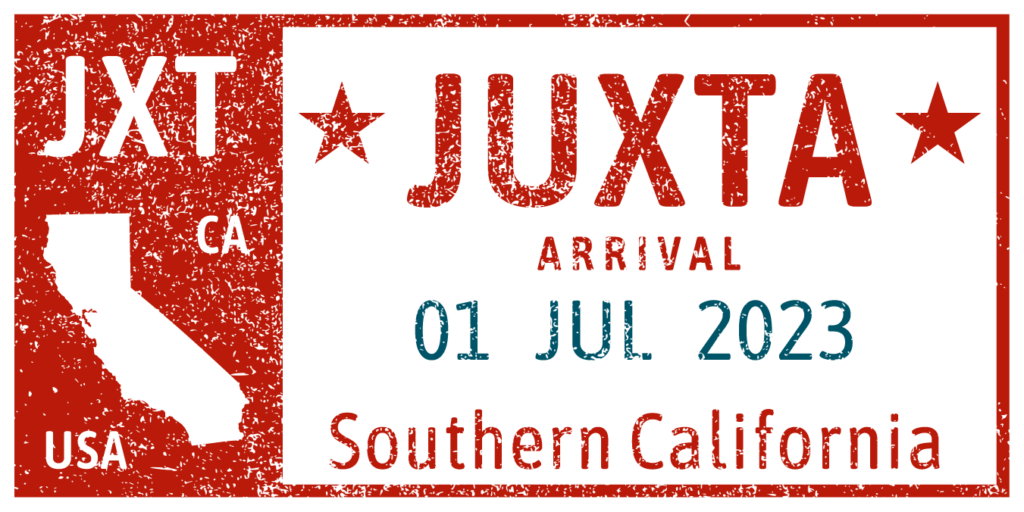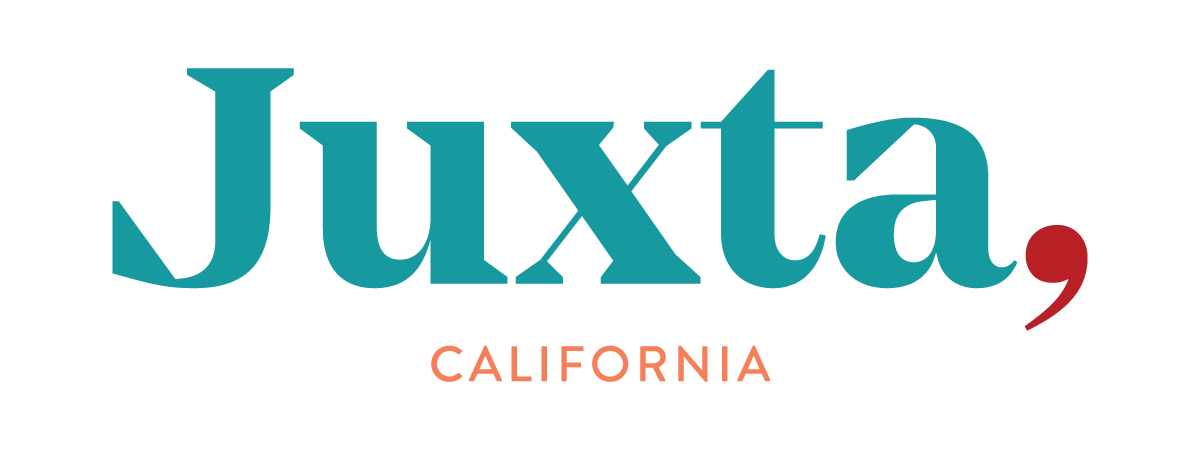addiction & substance use counseling
 Sound Familiar?
Sound Familiar?
Rachel, a once-vibrant young woman, gradually found herself escaping into the abyss of substance use. Initially, she sought solace in alcohol to cope with stress and anxiety. However, the temporary relief soon transformed into a relentless cycle of dependence, leading to strained relationships, missed opportunities, and a deep sense of isolation. As each day dawned, Rachel yearned for liberation from the chains of addiction that bound her to a life plagued by despair.
Mark, a military veteran, returned home to San Diego battling not only the invisible scars of war but also the clutches of addiction. Unable to silence the haunting memories that haunted him, he sought refuge in substances. The destructive path he embarked upon caused rifts in his family and led to debilitating mental health issues, further exacerbating his struggles. Mark desperately sought a way to reclaim his life and regain the resilience that once defined him.
Sarah, a single mother, found herself entangled in an all-consuming cycle of substance abuse. In her quest to escape the overwhelming demands of life, she sought comfort in drugs. The consequences were devastating – her children were taken away, and Sarah was left with a haunting emptiness that threatened to extinguish any glimmer of hope. Determined to rebuild her life, Sarah embarked on a journey of sobriety, seeking support and guidance to untangle the threads that held her captive.
Substance Abuse and Addiction: Even in San Diego?
In the vibrant coastal city of San Diego, CA, where the allure of the sun-drenched beaches and lively atmosphere can be enticing, many individuals find themselves caught in the complex web of substance use and addiction. Here we explore the deeply intertwined relationship between substance use, mental health, and addiction, shedding light on the struggles faced by those embattled with problematic patterns of substance use. Through three poignant vignettes, we gain a window into the lives of individuals grappling with substance use, highlighting their emotional journeys. We will then delve into the definitions, common difficulties encountered, distinctions between substance use, substance abuse, and addiction, and finally, outline the steps one can take to successfully overcome these challenges.
Understanding Substance Use and Addiction
Substance use refers to the act of consuming substances, such as alcohol or drugs, with varying levels of frequency and intensity. It is essential to recognize that substance use can be recreational, temporary, or escalate into more problematic patterns. Substance abuse, on the other hand, involves the misuse of substances that negatively impact an individual’s functioning, relationships, and overall well-being.
Addiction, often considered the most severe form of substance use, is a complex, chronic brain disease characterized by compulsive substance-seeking behavior despite negative consequences. It goes beyond physical dependency, encompassing emotional, psychological, and social aspects. Consequently, addiction can manifest in various forms, including substance addiction, behavioral addiction, or both.
Common Difficulties Encountered
Individuals struggling with substance use and addiction face a multitude of challenges that can impact their lives on multiple levels. These difficulties include physical health deterioration, strained relationships, financial struggles, legal repercussions, and a pervasive sense of shame and guilt. Moreover, the connection between substance use and mental health cannot be overlooked. In addition, it’s important to note that persons suffering from substance abuse or addiction often do not believe they are — i.e., a hallmark of substance abuse and addiction is a denial that one is suffering in that way. This makes recovery all the more difficult.
Substance Use, Addiction, and Mental Health
Research consistently demonstrates a strong correlation between substance use and mental health disorders. Studies have shown that individuals with mental health conditions are more vulnerable to developing substance use disorders as they may self-medicate to alleviate their symptoms. Concurrently, substance abuse can trigger or exacerbate mental health disorders. It is crucial to acknowledge that seeking professional help, such as mental health counseling, is pivotal in overcoming substance use and addiction. In San Diego, CA, a city that prioritizes mental health, numerous resources are available to provide support, guidance, and care during the journey towards recovery.
 Steps to Overcome Substance Use and Addiction
Steps to Overcome Substance Use and Addiction
- Recognize the problem: Denial ain’t just a river in Egypt! The first step lies in acknowledging the presence of a problematic relationship with substances and accepting the need for change. If you think you may be abusing or addicted to substances, consider this question — do you suppose that people with a healthy or recreational pattern of substance use are routinely worried about it? Isn’t the worry you’re feeling itself an indicator of something amiss?
- Seek support: Reach out to friends, family, and support groups who can provide empathy, encouragement, and guidance. Professional help, such as mental health counseling, can be an invaluable resource on the path to recovery.
- Assess Your Own Coping: Learning healthier coping strategies and developing a repertoire of positive activities can help combat the desire to turn to substances during times of stress or vulnerability.
There most definitely are multiple kinds of addictions, though many of them won’t land you in a therapists office or in jail, which is why we’ve focused just on substance abuse or addiction here. To learn about more general forms of addiction, please see this page.
Another difficult concept surrounding addiction is the stigma associated with it. In spite of compelling research suggesting otherwise, many still believe addiction is some type of moral weakness, character flaw, or inherent sin. While their is certainly some level of overlap between concepts, addiction itself is a treatable disease. Without having a realization of this kind, however, addicted persons and their families often feel pressure to hide addiction, cover it up, or make excuses for it. Ironically, these kinds of responses are known as “enabling”, and ultimately keep the addictive cycle going.
If you or someone you love is addicted…you need to get help. Here are some good ways to know:
- One: Life seems to be interrupted by the problematic activity (drinking, sex, etc.) – difficulties with school, work, relationships, seem to happen with regularity or increasing frequency.
- Two: The problematic activity is engaged in with increasing frequency or intensity – e.g., it takes more alcohol to get drunk, more marijuana to get high, more or more risky/dangerous sex to achieve orgasm, longer hours in the casino trying to get the “big win,” etc.
- Three: When unable to partake in the problematic activity, the person experiences emotional (irritability, anger, sadness, etc.), physical (shivers, muscle tension, headaches, etc.), or intellectual (interrupting thoughts, difficulty concentrating, etc.) sensations that characterize withdrawal.
- Four: The problematic activity is undertaken in larger amounts or over a longer period than was originally intended, or their are unsuccessful efforts to “cut back”. More and more time is being taken up with preparing for, participating in, or recovering from (emotionally, physically, financially, or otherwise) the problematic activity.
- Five: The problematic activity continues in spite of negative consequences physically, legally, financially, psychologically, etc.
In addition to seeking San Diego Addiction Counseling at Juxta, California, here are some resources on the web you may like to consult:
-
- Alcohol Addiction – Alcoholics Anonymous
- Narcotics Addiction – Narcotics Anonymous
- Sex Addiction – Sexaholics Anonymous or Sex Addicts Anonymous
- Tobacco/Smoking Addiction – Quitza (Online Smoking Cessation), Nicotine Anonymous
- Gambling Addiction – Gamblers Anonymous
- Overeating Addiction – Overeaters Anonymous
Substance use and addiction represent deep and complex battles fought by individuals across San Diego, CA, and beyond. It is crucial to recognize the interconnectedness of substance use, mental health, and addiction, offering understanding, empathy, and support to those facing these challenges. By seeking comprehensive treatment, including mental health counseling, individuals can break free from the grip of addiction, reclaim their lives, and embark on a journey towards healing and restoration.
Need some guidance with all of these? We can help!
At Juxta, California counseling, we are aren’t just expert counselors – we’re people too, which means you can expect us to be genuinely interested in you, your story, and your life. We want to get to know the real you. In our work together, honesty with yourself and us comes to characterize the entire healing endeavor. Thus, our relationship itself — that is the work.
There’s nothing else you need to do to prepare. There’s no reason to wait any longer.
Looking for Counseling for Substance Use or Addiction Counseling?
Reach out today!
Call Us
(858) 227-7719
close. nearby.
alongside.
Location
San Diego, CA
Phone
(858) 227-7719
contact@juxtacalifornia.com

